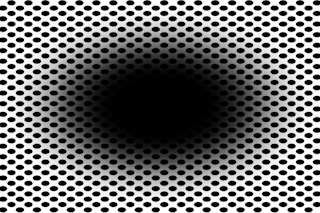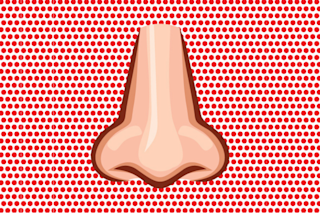At the start of World War I, thousands of soldiers were coming down with a baffling condition: they became blind, deaf, lost their memory, or developed uncontrollable shaking despite no obvious physical injury. Even stranger, this malady could be triggered by memories of the war even after the fighting had ended. At the time, doctors called what they were seeing “shell-shock,” though today we would call it by a different name: post-traumatic stress disorder. Anything that brought back memories of the trenches could precipitate this condition, but one of the most common triggers was loud noise. An engine backfiring, a firecracker on Independence Day or, in at least one case, simply speaking the word “bomb,” could cause afflicted soldiers to become catatonic or act out memories from the war. All this, the result of a sound. Clearly, sound can have a dramatic effect on our bodies and our minds. But ...
Sound Justice: Citizen Science, Noise, and the Quest for Equity
Discover the crucial noise pollution health effects and the Sound Around Town project monitoring community soundscapes.
More on Discover
Stay Curious
SubscribeTo The Magazine
Save up to 40% off the cover price when you subscribe to Discover magazine.
Subscribe












